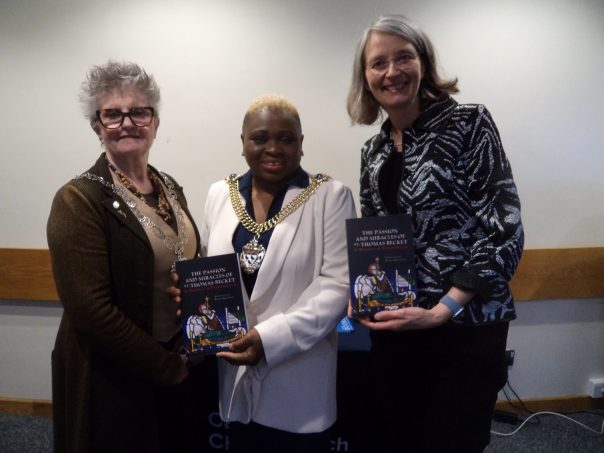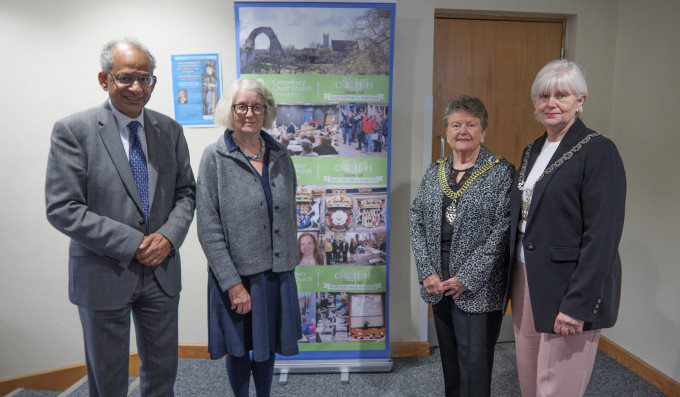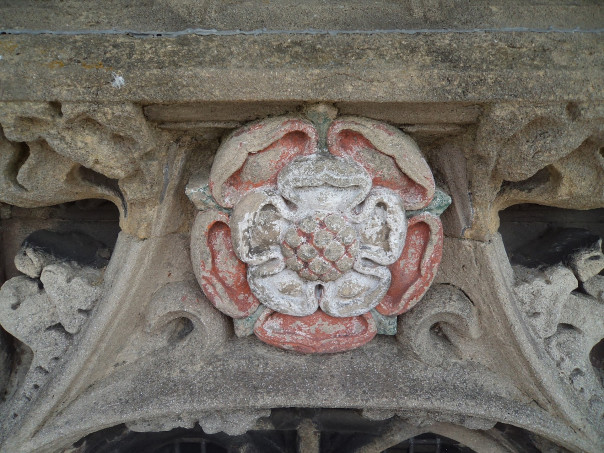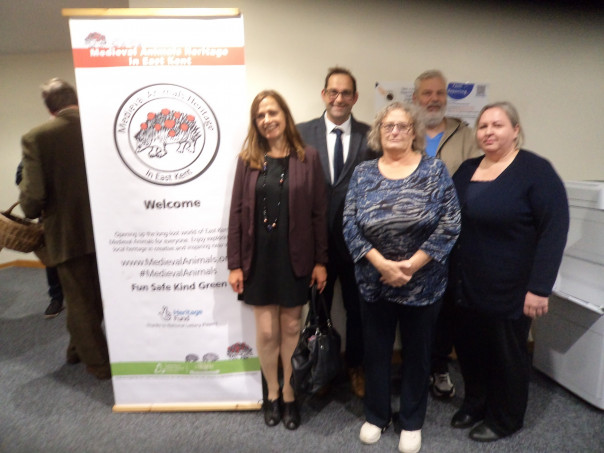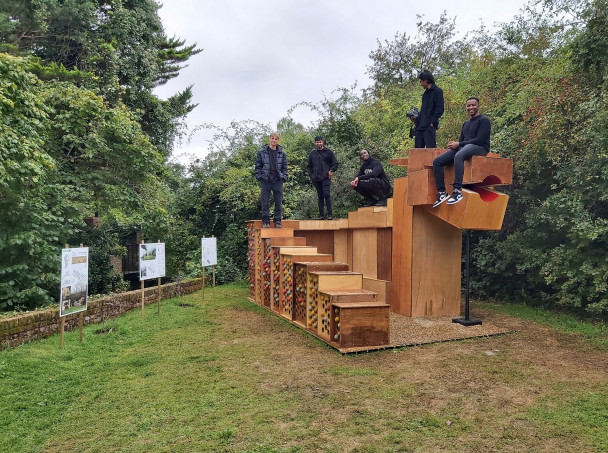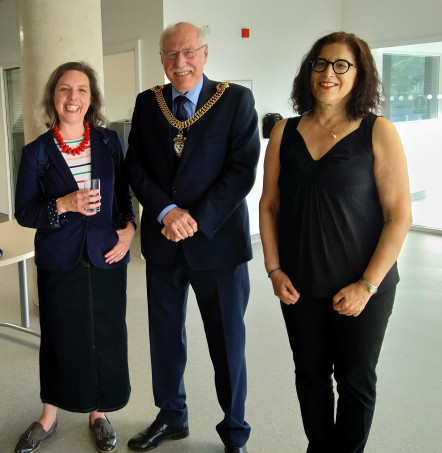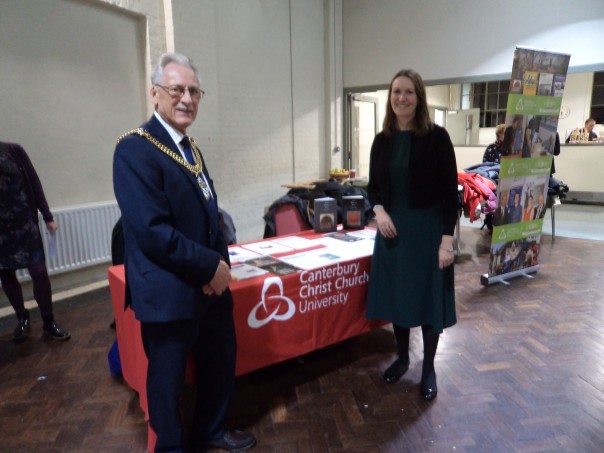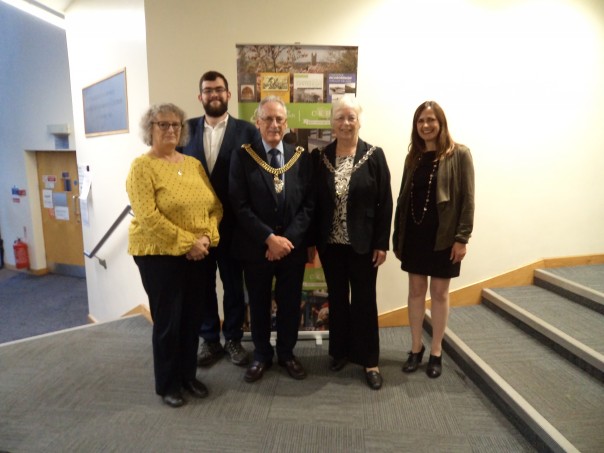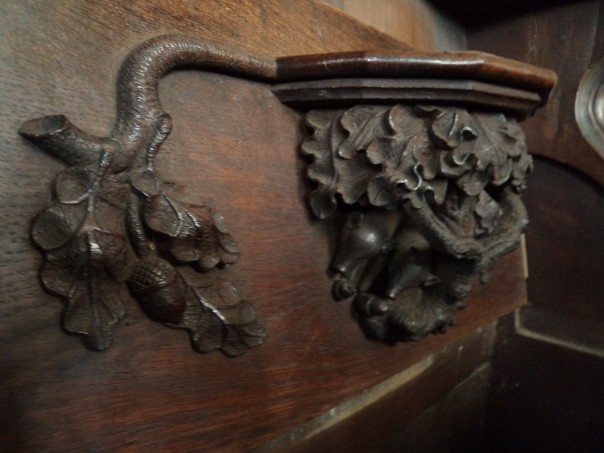Before I report on the events involving the CKHH this week, that is the Becket Lecture and the Becket and Benedict workshop in the chapter house and cathedral, I thought […]
Becket Lecture plus Cinque Ports
There has been (will be) a feast of lectures this week, all very different but testimony to the wide coverage of the CKHH and one of its aims to bring […]
Tudors and Stuarts 2023 – celebrating history!
This week I’m going to focus exclusively on Tudors & Stuarts 2023, but first a date for your diaries. The Kent History Showcase 2023, organised by KAS, the Maison Dieu […]
Rebellion over the centuries – the Kentish experience
I thought this week I would first alert you to the notices about exciting upcoming events towards the end of this week’s blog, but before I get to these, I’ll […]
Dragons and pilgrims – celebrating Kent
Following the funeral of Queen Elizabeth II, the blog is now back and there have been several events involving the Centre for Kent History and Heritage.
Becket Lecture, Green Dragons and Lossenham project
For this week I will be highlighting Professor Miri Rubin’s Becket Lecture, but before I get to that I just want to mention a few other activities involving members of […]
Helping to celebrate Canterbury Society’s 10th anniversary
This week has brought a series of meetings and the chance to be part of Canterbury Society’s celebrations.
Nightingale Lecture 2019
Nightingale Lecture by Professor Carl Griffin on the Swing Riots and their aftermath. Professor Ellen Swift on replica Ancient Egyptian musical instruments.
Pigs, Place-Names and more Young Medievalists in Canterbury
This week has been a case of looking forward to the new academic year and the School of Humanities’ first intake of Medieval & Early Modern Studies Taught Masters students, […]
